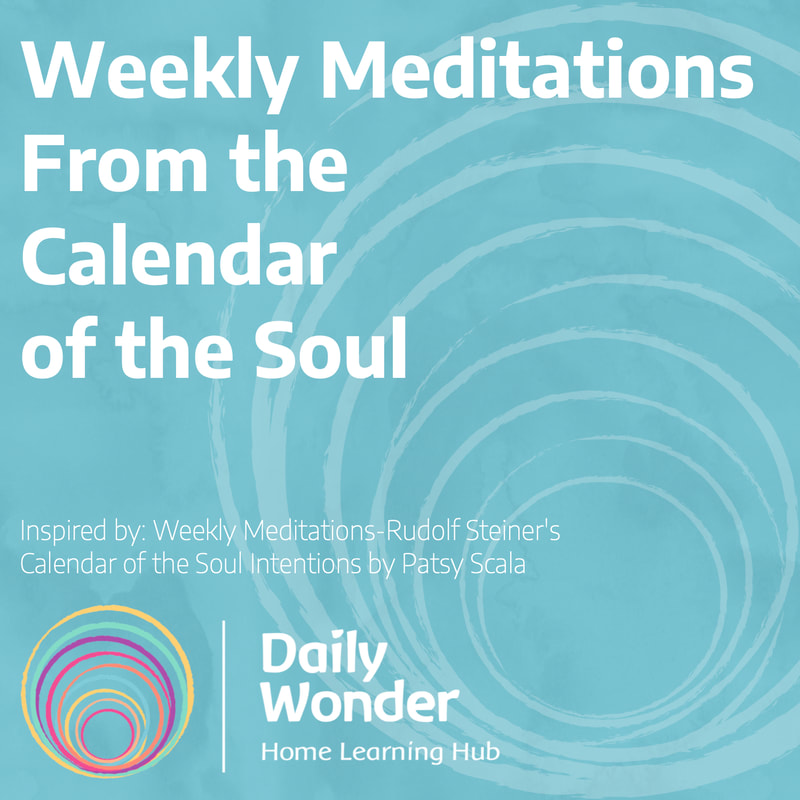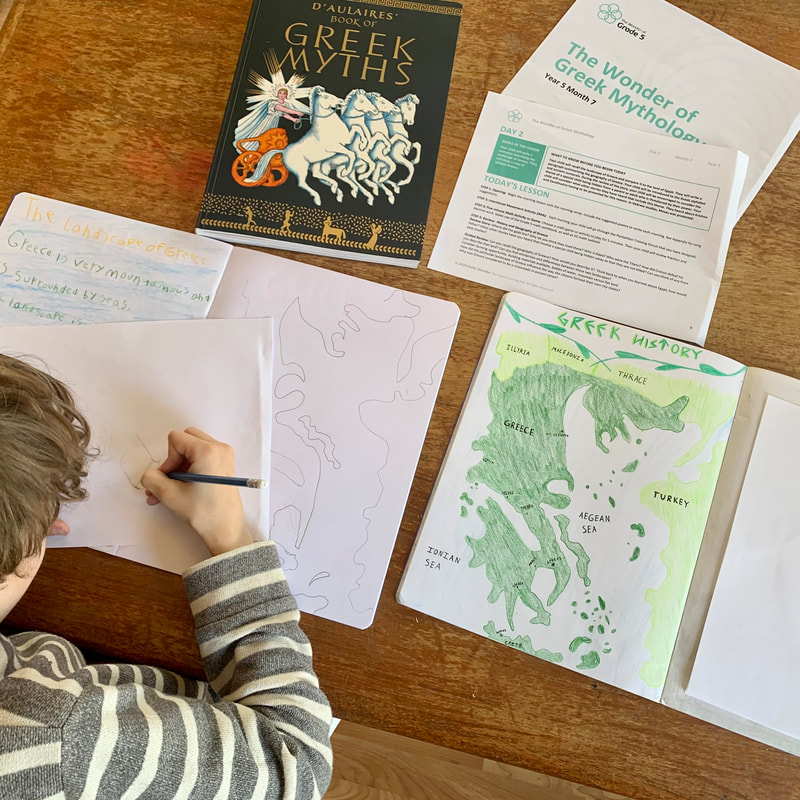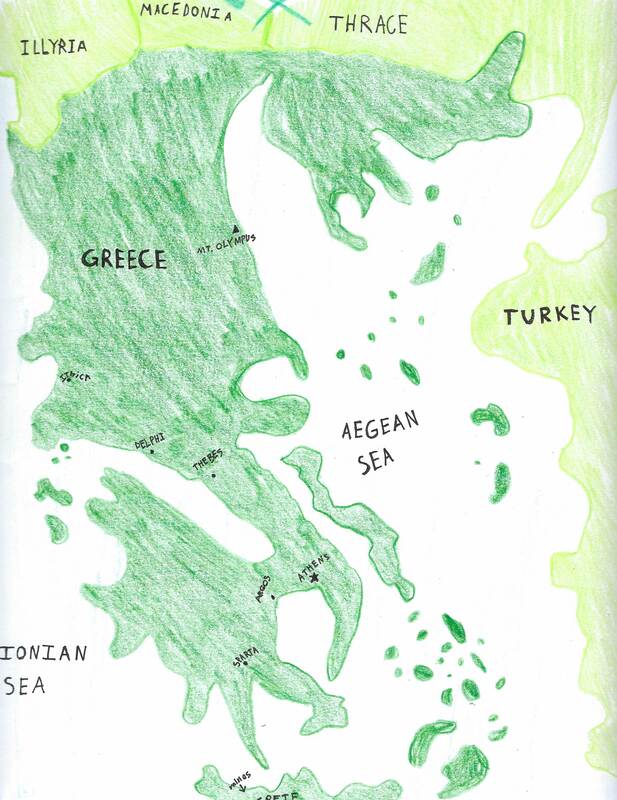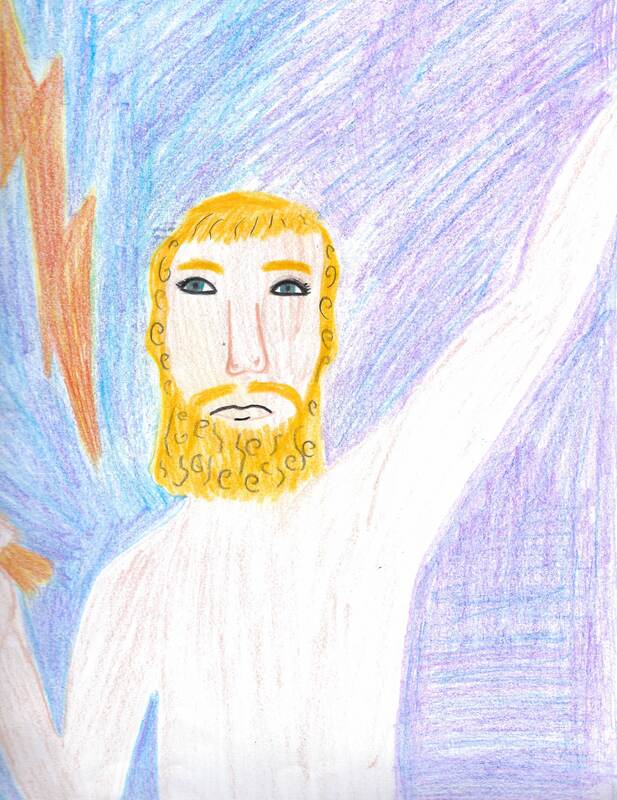|
Passover (Pesach in Hebrew) is a Jewish holiday that celebrates the Hebrews' liberation from slavery by the great prophet Moses. Moses would not have survived to free his people, had it not been for the cleverness of his sister Miriam. She set him in a basket on the river Nile, and watched over him until the Pharaoh's daughter found him and took him home to be her own son. In this way, Moses survived the dangerous times in Egypt, and grew up with a deep compassion for the Jewish people. In his adult years, he fulfilled his destiny to guide the Jewish people out of slavery in Egypt, to form a covenant with God through the Ten Commandments. Miriam, perhaps the only woman in the bible, who is not referred to as someone's mother or daughter, has, in more recent times, taken a place of honour at the Passover Seder. As Jewish celebrations and rituals become modernized to fit our new levels of awareness, we turn to the women of the Bible stories, choosing to elevate them to places of importance. In modern Jewish rituals, when the Seder, or religious dinner ritual takes place, many families choose to include Miriam as one of the sacred guests. A cup is filled with water, in her honour, and songs and stories are shared to celebrate her strengths. What a wonderful time we live in, where we can honour the importance of the feminine, and include it in a ritual that was formed thousands of years ago. Ways to CelebrateHere are some ways you can learn more about Miriam and celebrate her as well.
Sing Miriam's Song A beautiful song depicting the spirit of women now and in ancient days. Here are the lyrics so you can sing along:
0 Comments
We are now experiencing some days that bring a subtle breeze telling us that we have turned a corner and spring is approaching.
We can feel joyful feelings awakening within us, feelings that bring a hope that naturally comes with rebirth. We are reminded of our resilience, the inner strength that we have to carry our souls inwardly through the dark months. We are always being, and always becoming. Each moment necessarily creates the next, and we are creating a dance with the world. The joy of spring is a joy that unites our souls with the world. We, together, feel hope, faith and comfort in the return of the light. How do you experience the approaching spring in your soul life? The following inspiration is taken from: Weekly Meditations-Rudolf Steiner's Calendar of the Soul Intentions by Patsy Scala The joy of becoming arises Out of the world's womb, Quickening the senses' brilliance Mat it find my force of thinking, Fortified by the divine powers Living powerfully within me. Intention: This week, I will feel within my soul the burgeoning joy of knowing that rebirth is possible at any stage of my life, and I will allow my soul to dance with the becoming of the seasons. I will experience the inner optimism that this brings. Year 5, Month 7 The Wonder of Greek MythologyHere is a little snippet from the overview of the Daily Wonder Greek Mythology unit. Curriculum OverviewThe Year 5, Month 7 unit, The Wonder of Greek Mythology, offers wonderful "soul food" for Grade 5 children. The myths of the Greek gods and goddesses offer rich characters and drama. Studying the Greek myths also allows children to see how deeply these myths are embedded in our culture and are often referenced in our arts and entertainment. It is deeply nourishing and educational when children understand the roots of Ancient Greece and Greek Mythology, and therefore have a deeper connection when references are made in modern comics, television and movie culture. This unit also provides an opportunity to learn about Greece's geography, the Greek alphabet, the Olympics, the Greek connection to the English language, poetic odes and hexameter, grammar and writing development, and artistic work. Developmental ConnectionThe Grade Five student is considered at the "Golden Age" of childhood. They are balancing at this moment between childhood and puberty. There is grace, capability, and earnestness in this balance between two worlds. There was a time in Ancient Greece's history that was known as the "Golden Age'. Humanity was standing, poised and balanced between a dreamy child-like consciousness and a wakeful, intellectually capable consciousness. At this meeting point, the Greeks emerged as the ultimate example of grace, beauty, athletic ability, and intellectual and philosophical thought. The fact that the work produced thousands of years ago is still so highly esteemed is a tribute to the achieved greatness. Grade 5 children, standing in their Golden Age, must be inspired by greatness of such a high calibre. They must feel the call to their best work and their best effort. It will be through their artistic endeavours, their poetic writing and recitation, and their athletic efforts that they will feel their power, grace and inner beauty shining forward. This time in their life and the depth of their abilities provide them with a deep feeling of confidence and trust that will carry them into puberty and beyond. Parent ReflectionQuestions to ask before the unit begins: What is my connection to Greek Mythology? What do I hope to gain from bringing this unit to my child? What do I hope that my child gains?
Questions to ask at the end of the unit: What new connections did I make with this material? What wonder did I discover about Greek Mythology and its influence that still exists today? How did my child receive these lessons? What wonder was inspired? |
BlogExplore schedules, rhythms & routines, songs, music, festivals, free play, meals, projects & more to support your homeschooling program.Categories
All
Archives
July 2024
|
You might be wondering... |
Visit us on Teachers Pay Teachers© COPYRIGHT 2020. ALL RIGHTS RESERVED
Serving your worldwide educational needs from Comox Valley, BC, Canada. |





 RSS Feed
RSS Feed